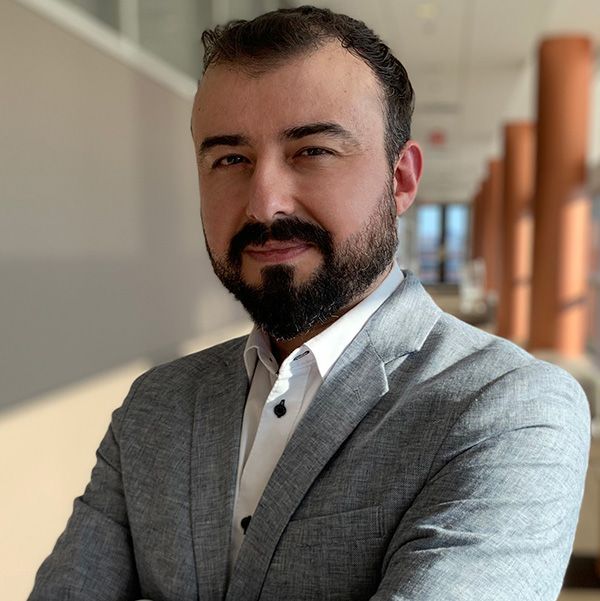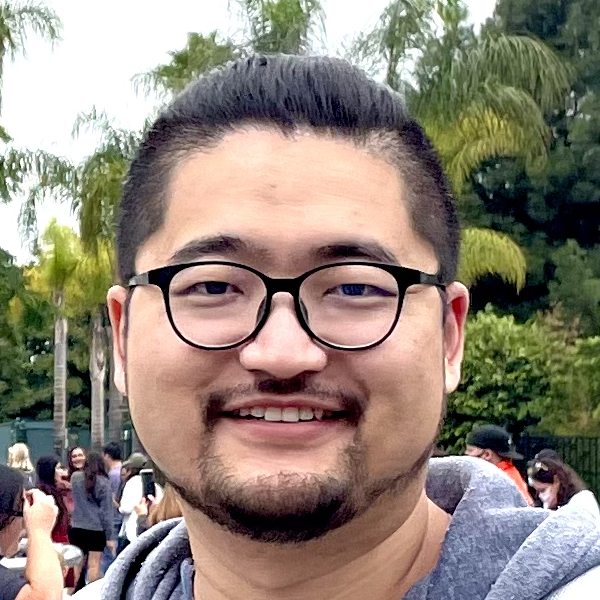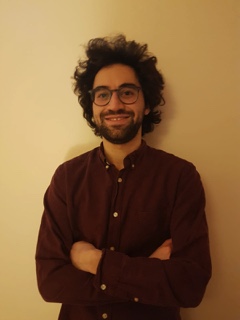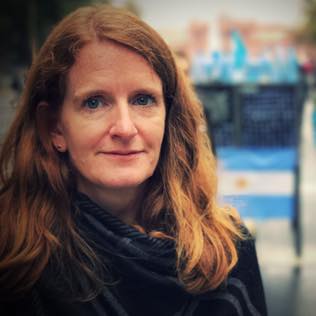What are Cyber Social Threats
The role of online platforms as a prime, daily communication tool is coincident with a sharp rise in its misuse, threatening our society in large. These platforms have been implicated for promoting hate speech, radicalization, harassment, cyberbullying, fake news, human trafficking, drug dealing, gender-based stereotyping, and violence among other ills, with a significant impact on individual and community well-being. Especially problematic in recent years, and of particular interest for CySoc 2022, has been the proliferation of vaccine misinformation. Such content and behaviors are inherently multi-faceted, making the recognition of their narratives challenging for researchers as well as social media companies. The implications to individuals and communities require reliable models and algorithms for detecting, understanding, and countering the malevolent behavior in such communications. These challenges have led to a rising prominence of analysis of online communications in academia, politics, homeland security, and industry using computational techniques from natural language processing, statistics, network science, data mining, machine learning, computational linguistics, human-computer interaction, and cognitive science. To meet these challenges, this workshop aims to stimulate research on social, cultural, emotional, communicative, and linguistic aspects of harmful conversations on online platforms and developing novel approaches to analyze, interpret, and understand them.
The workshop welcomes papers that employ quantitative and/or qualitative, analytical, theoretical approaches examining a diverse range of issues related to online harmful communications. Papers on resources/data and tools will also be welcome either for demos or for short/regular talks.
Why attend the CySoc Workshop?
This workshop will bring together researchers and practitioners in computer and social sciences from both academia and industry to exchange ideas on understanding the multi-faceted aspects of harmful content while leading the discussion on building novel computational methods to reliably detect, derive meaning of, interpret, understand and counter them.
The participants will find opportunities to present and hear about other fundamental research and emerging applications, to exchange ideas and experiences, and to identify new opportunities for collaborations across disciplines.
The researchers and practitioners from various disciplines are strongly encouraged to attend, including (but not limited to) behavioral science, computer and information sciences, psychology, sociology, political science, cognitive science, cultural study, information systems, terrorism and counter-terrorism, operations research, communication, medicine, and public health.
Themes & Topics
We are interested in both computing and social science approaches that study the above research directions, based on quantitative, qualitative and mixed research methods. We expect to receive submissions and lead discussions on the topics of novel analytic methods, tools, and datasets.
Spotlight topic
Parallel to the central themes and broader list of topics found below, this year we will have a spotlight topic - vaccine misinformation - due to its relevance and urgency.
Four-in-ten Americans considered social media as an important way of receiving COVID-19 vaccine news1 and a recent study suggests that exposure to online misinformation is associated with increased health risks and vaccine hesitancy2, calling for more research on this topic. Despite the ongoing efforts in research and development to investigate COVID-19 vaccine-related online communications3,4, the relationship between online misinformation and vaccine adoption5 as well as other public health outcomes are not well-understood. This workshop aims to provide opportunities to gather expertise from related areas and advance our understanding of this issue.
Themes
The CySoc workshop has three main themes:
- Detection and prediction of content, users, and communities
- Countering harmful narratives
- Ethical considerations and handling bias
Topics
Topics for research and discussions on challenges in dealing with the online harmful content include (but not limited to):
- Spotlight topic: Vaccine misinformation
- Online extremism
- Harassment and cyberbullying
- Hate speech
- Gender-based violence
- Human trafficking
- Illicit drug trafficking
- Mental health implications of social media
- Ethical considerations on privacy-preserving social media analytics
- Emotional and psychological support
- Trust relationship and community dynamics
- Relationship of the social web and mainstream news media
- Cultural implications of social web usage
- Influencer identification and community detection for movements
- Misinformation and disinformation (e.g., epidemics of fake news, images and videos, during a disaster, health issues and elections)
Important Dates
Paper submissions due: March 27, 2022 April 3, 2022 (Anywhere on Earth)
Final decision notification: April 10, 2022 April 27, 2022
Camera-ready submissions due: April 17, 2022 May 4, 2022
Submission Instructions
We invite research papers (8 pages), position and short papers (4 pages), and demo papers (2 pages).
Submissions must be original and should not have been published previously or be under consideration for publication while being evaluated for this workshop.
Submissions will be evaluated by the program committee based on the quality of the work and its fit to the workshop themes.
All submissions should be double-blind and a high-resolution PDF of the paper should be uploaded to
the EasyChair submission site
before the paper submission deadline.
The accepted papers will be presented at the CySoc workshop integrated with the conference, and they will be published as
Proceedings of the ICWSM Workshops.
All must be submitted, and formatted in
AAAI two-column, camera-ready style.
Workshop Program
All times below are in Eastern Time
|
8.30 – 8.45 AM – Welcome the CySoc 2022 workshop attendees.
Science of online ‘anti-X’ and a scalable solution: From vaccine misinformation to extremism
10.50 – 12.00 PM – Panel Discussion: Ullrich Ecker (The University of Western Australia), Fabiana Zollo (Ca' Foscari University of Venice), Ed Pertwee (London School of Hygiene & Tropical Medicine). The Impact of Online (Mis)information on Vaccination Programs.
2.00 – 3.00 PM – Keynote II: Alice Marwick, The University of North Carolina at Chapel Hill. Based and Redpilled: The Sociotechnical Effects of Disinformation
|
|---|
Registration
Online registration information can be found on the ICWSM website here: https://www.icwsm.org/2022/index.html/#registration.
Organizers
Steering Committee
|
|---|
Program Committee
|
|---|
References:






